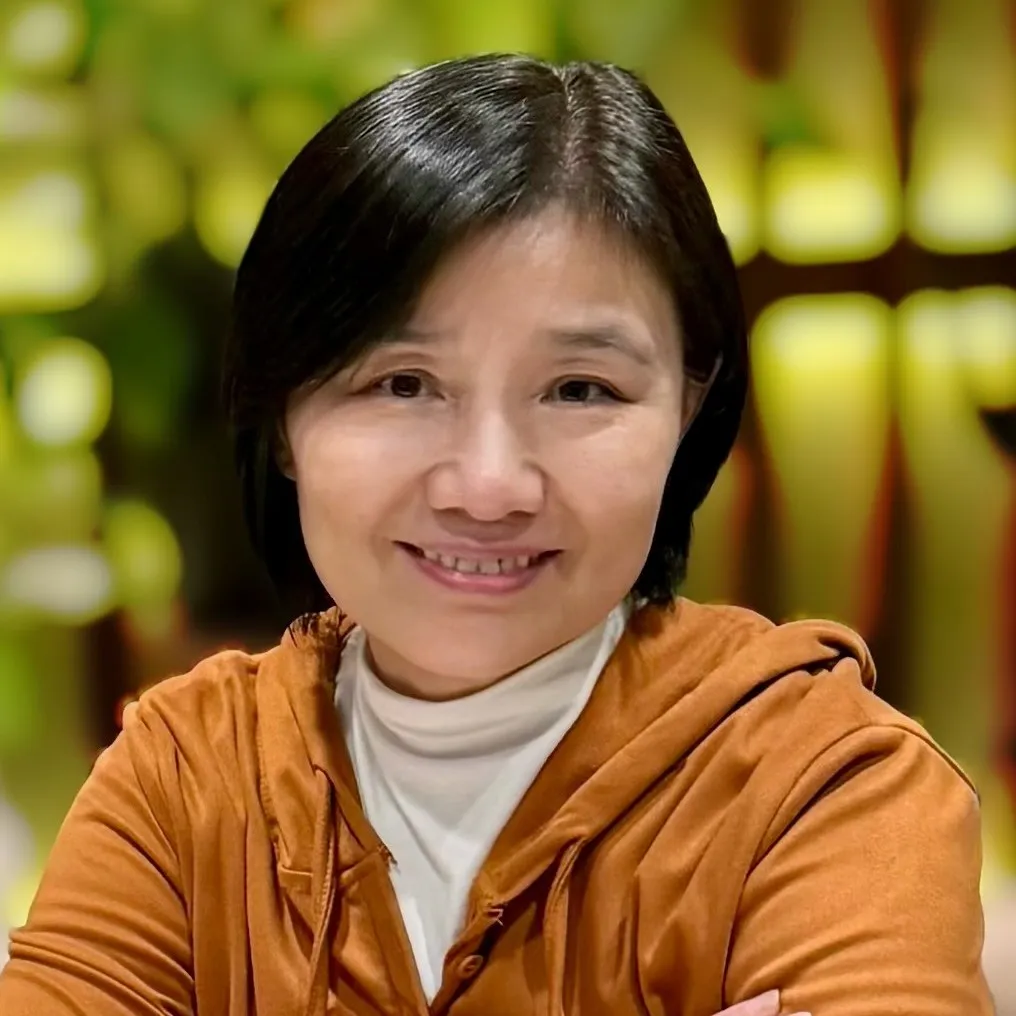
Bin Zhu
541-737-1803
Overview
Career Interests
Dr. Bin Zhu is an Associate Professor of Business Information Systems in the College of Business. Prior to OSU she was an assistant professor at Boston University. She earned her Ph.D. in Management Information Systems from University of Arizona. Her current research interests include business intelligence, information analysis, social network, human-computer interaction, information visualization, computer-mediated communication, and knowledge management systems. She has been a lead author for papers that have appeared in Information Systems Research, Decision Support Systems, Journal of the American Society for Information Science and Technology, IEEE Transaction on Image Processing, and D-Lib Magazine. Her research also received an IBM faculty award. Her teaching interests are business intelligence; database analysis and design; telecommunication; web technology; business programming; data structure and algorithms; e-commerce; information security/assurance; management information systems.
Background
Education
Ph.D. in Management Information Systems, Minor in Computer Science, May 2002
Management Information Systems Department
Eller College of Management
University of Arizona, Tucson, AZ 85721
M.S. Atmospheric Science, May 1997
Department of Atmospheric Science
University of Arizona, Tucson, AZ 85721
B.S. Meteorology, July 1989
Department of Geophysics
Beijing University, Beijing, China
Experience
- Associate Professor, Business Information Systems - September 2014-present, College of Business, Oregon State University
- Assistant Professor, Business Information Systems - September 2011-2014, College of Business, Oregon State University
- Assistant Professor, IS Department - July 2002-2011, School of Management, Boston University
- Research Associate, Department of Management Information Systems, University of Arizona - August 1997-2002
- Research Assistant, Atmospheric Science Department, University of Arizona - 1994-1997
- Associate Director of Information Systems, Chengdu Bureau of Meteorology, Chengdu, Sichuan, P.R. China - 1992-1994
- Weather Forecaster, Chengdu Bureau of Meteorology, Chengdu, Sichuan, P.R. China - 1989-1992
Professional Affiliations
- Association of Computing Machinery (ACM)
- Institute of Electrical and Electronics Engineers (IEEE)
- Association for Information Systems (AIS)
Honors & Awards
- Best paper nomination, International Conference on Information Quality 2008, Boston, MA
- IBM Faculty Research Award, Amount: $40k, 2003
- Junior Faculty Research Fund, School of Management, Boston University, 2003-2004 , 2005-2006, 2006-2007, and 2008-2010
- Doctoral Consortium, Annual ACM CHI (Computer Human Interaction) Conference: Human Factors in Computing Systems, Minneapolis, Minnesota, 2002
- Graduate College Fellowship of University of Arizona, 1999-2000
- Graduate Registration Scholarship, Department of Management Information Systems, University of Arizona, 1999-2002